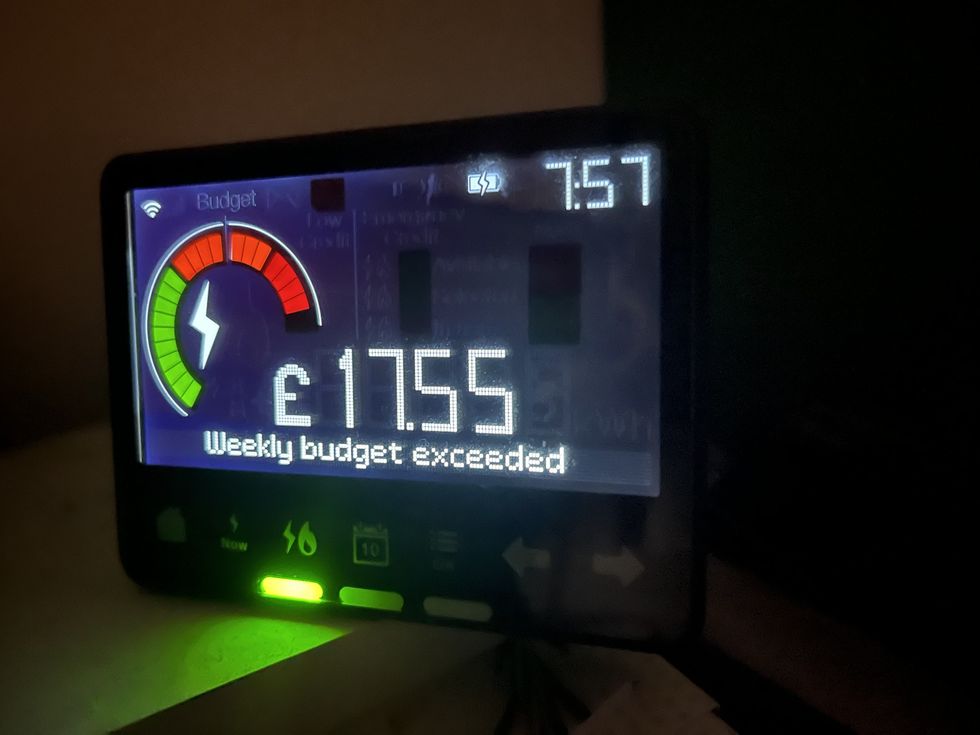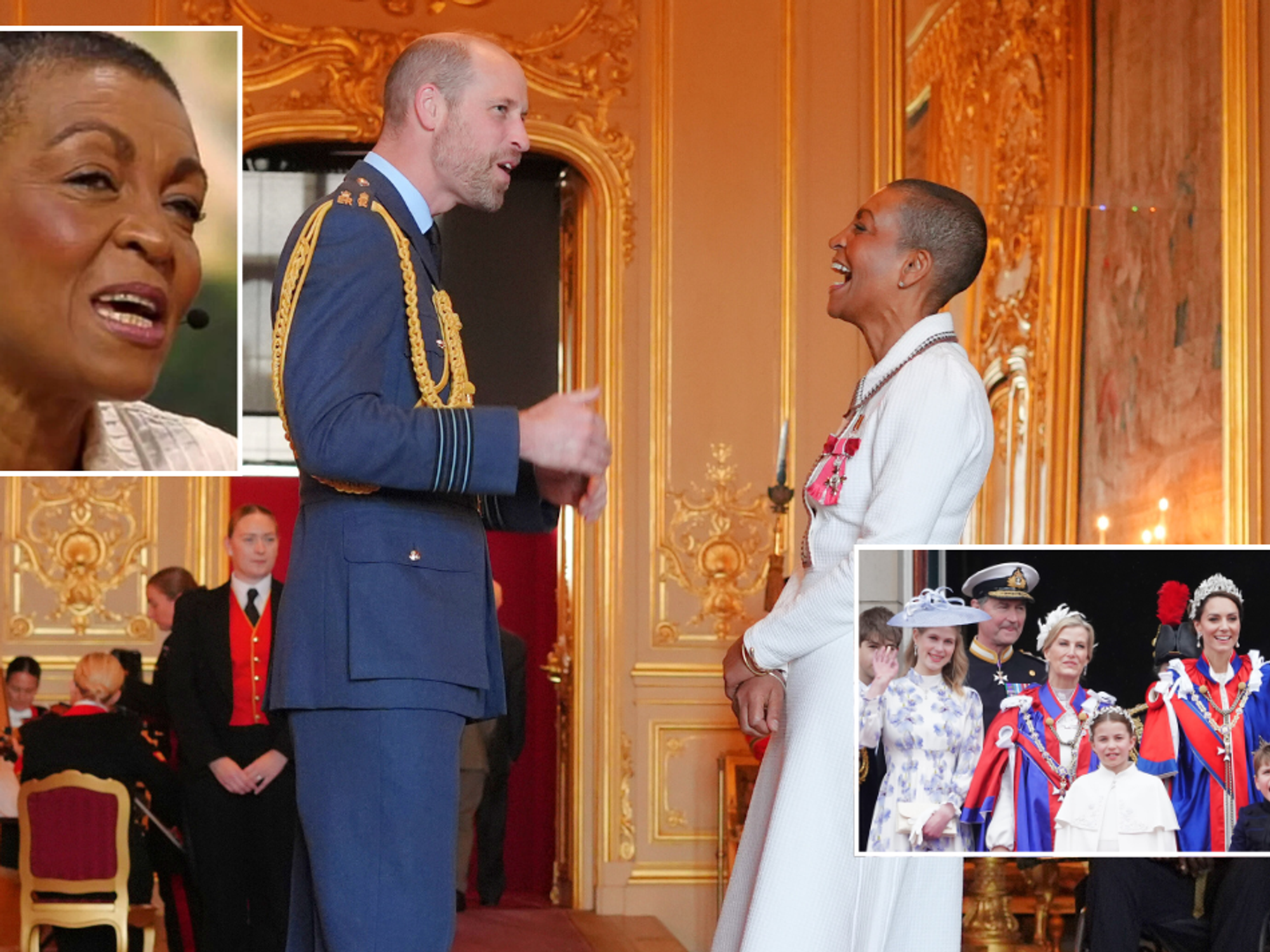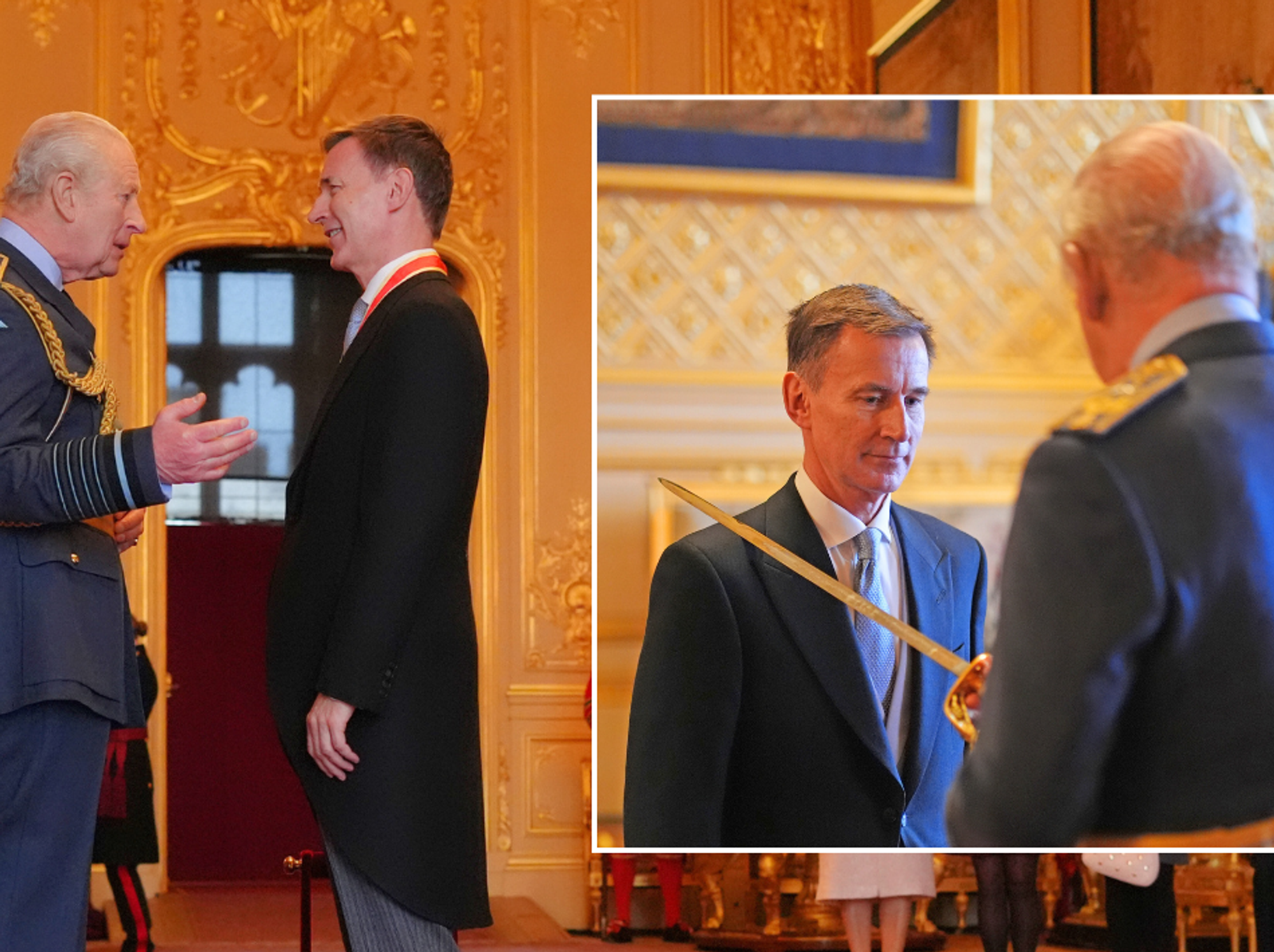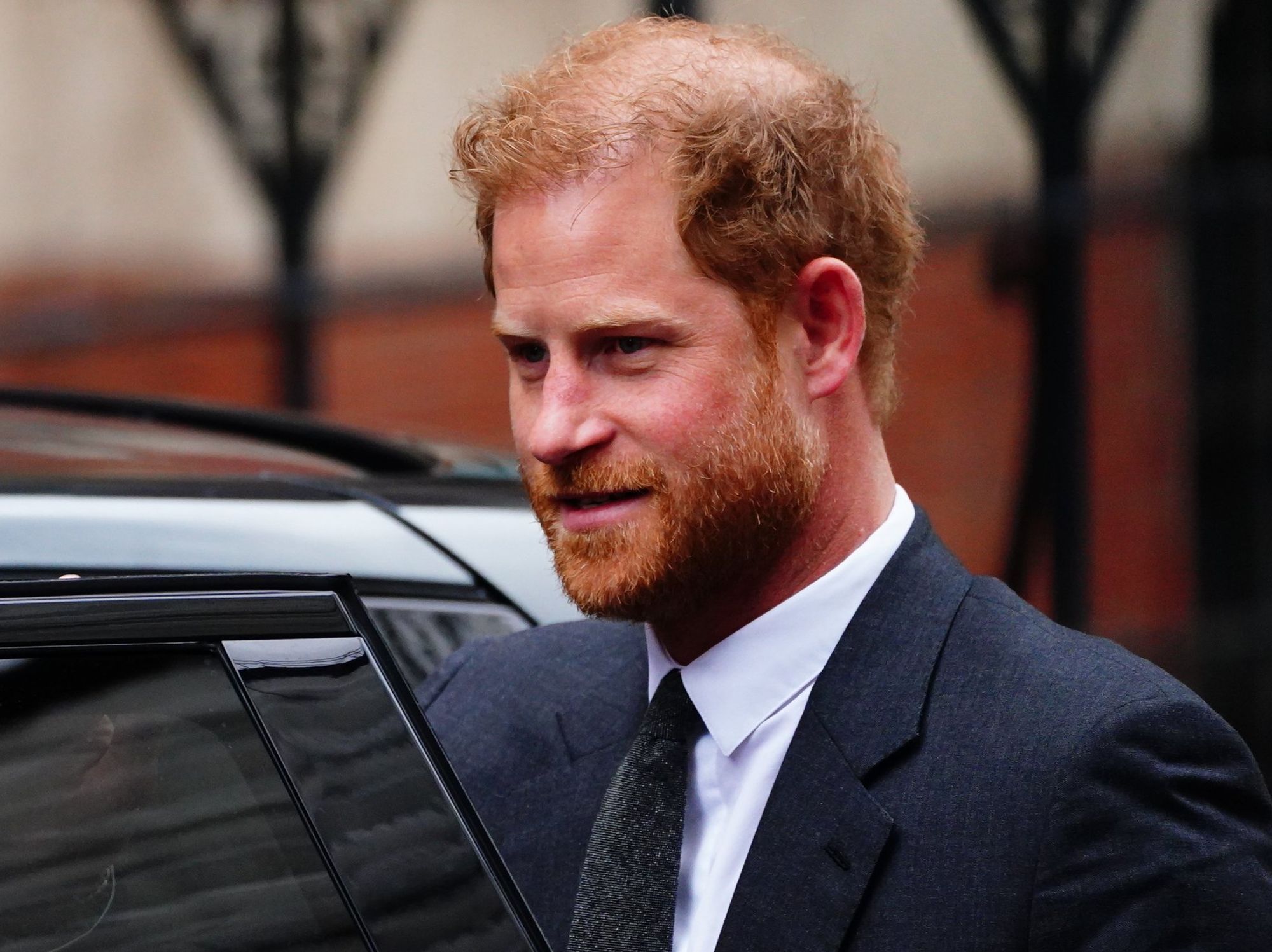More than half a million households to be forced to install smart meters or risk higher bills

Those who do not switch could lose the heating and/or hot water | GETTY

Those who do not switch could lose the heating and/or hot water in their home or business
Don't Miss
Most Read
Around 600,000 households will be forced to install a smart meter or face higher bills within six months, as the BBC shuts down a 40-year-old radio service.
The Radio Teleswitch Service (RTS), which has operated since the 1980s through BBC Radio 4's longwave signal, will switch off on June 30, 2025.
The system enables customers to benefit from cheaper electricity rates during off-peak hours through tariffs like Economy 7 and Economy 10.
Energy suppliers are now contacting customers affected by the change to arrange smart meter installations before the June deadline.
RTS meters use BBC Radio 4's longwave channel to communicate with energy companies, determining when to switch between high and low electricity rates.
The system is particularly common in homes and businesses off the gas network that rely on electricity for heating and hot water.
 The phasing out of RTS meters is part of a broader modernisation effort in the UK's energy infrastructure | GETTY
The phasing out of RTS meters is part of a broader modernisation effort in the UK's energy infrastructure | GETTYThese meters automatically adjust rates during specific hours, controlling heating and hot water systems based on the radio signal.
The technology has been maintained since the 1980s, with energy firms covering the cost of the service to keep the meters operational.
The switch-off impacts households on Economy 7 and similar tariffs that rely on the radio signal to determine peak and off-peak rates for their electricity usage.
Around 300,000 households were already switched over during 2024, leaving 600,000 still requiring the change.
Some households report being "bombarded" with emails about installing new smart meters, with warnings that their current meters may malfunction after the deadline.
Without the switch, customers risk losing access to cheaper night rates and could face disruption to their heating and hot water supply.
An Ofgem spokesperson said: "Smart meters are the best replacement for RTS meters – giving consumers more control of their energy usage and opening access to new money-saving tariffs."
The regulator has instructed suppliers to ensure RTS customers stay on or move to like-for-like tariffs where possible. However, Ofgem acknowledges some households might still have old RTS meters after the switch-off date.
The regulator said it has contingency plans in place and has asked suppliers to demonstrate how they will protect affected consumers.
Energy firms must reach certain smart meter installation targets annually, with some reportedly not offering customers the option to keep older meters.
The BBC has long sought to end its longwave broadcasts due to their energy-intensive nature and lower sound quality compared to FM radio.
Despite longwave's ability to reach every UK household with a single transmitter signal, the BBC plans to terminate all longwave broadcasts.
The switch to smart meters aligns with the Government's target to install them in three-quarters of British homes by the end of 2025.
However, smart meters have faced challenges, with reports of some units becoming "dumb" - no longer sending readings - or sending incorrect readings that result in billing errors. An estimated four million broken smart meter devices are currently sitting in homes across Britain.
An Ofgem spokesman said: "We expect suppliers to consider a range of innovative solutions to ensure their RTS customers get on to a metering and tariff arrangement appropriate for them."
The regulator emphasises that while smart meters are recommended, customers should discuss available options with their suppliers.
Energy UK, the trade body for energy suppliers, is supporting the BBC and Ofgem's plans for the June 30 switch-off.
Customers affected by the RTS switch-off are urged to contact their energy suppliers to understand their specific options and arrangements.










